[ad_1]
Okra is a staple in numerous cuisines, along with Creole, Brazilian, and Cuban. The meals is an edible seed pod that you could be eat raw, boiled, sauteed, or pickled. Consuming is likely to be troublesome for some people as a result of attribute goo that varieties when cooking it. It’s not a safety concern nonetheless an aesthetic one involving texture. Nonetheless, it’s not a problem in your canine.
Canines can eat okra reasonably and counting on the form, moreover revenue from its dietary value. It has a beautiful model that absorbs completely different substances inside the preparation. Nonetheless, as with all new meals you provide your pooch, some cautions exist.


Benefits of Feeding Okra to Canines
Okra (Abelmoschus esculentus) is a plant inside the mallow family that is low in power and extreme in eating regimen. A 100-gram serving solely incorporates 33 power, and virtually 90% is water. It has little fat and about 2 grams of protein. Its carbohydrate content material materials is scant, as is its sugar. Nonetheless, it does have 3.2 grams of fiber, making it good for together with bulk to your pup’s consuming routine. It’s a rich provide of potassium, vitamin C, and calcium.
Cooking okra doesn’t diminish its dietary value appreciably, although we advocate sticking with a straightforward preparation approach like boiling. Whereas it is usually the unripe seed pod that is eaten, the leaves are moreover edible. It does have a significant number of oxalates, which can present a hazard for bladder and kidney stones. Spinach has additional and carrots a lot much less for example than okra. Nonetheless, it must nonetheless solely be provided in strict moderation.
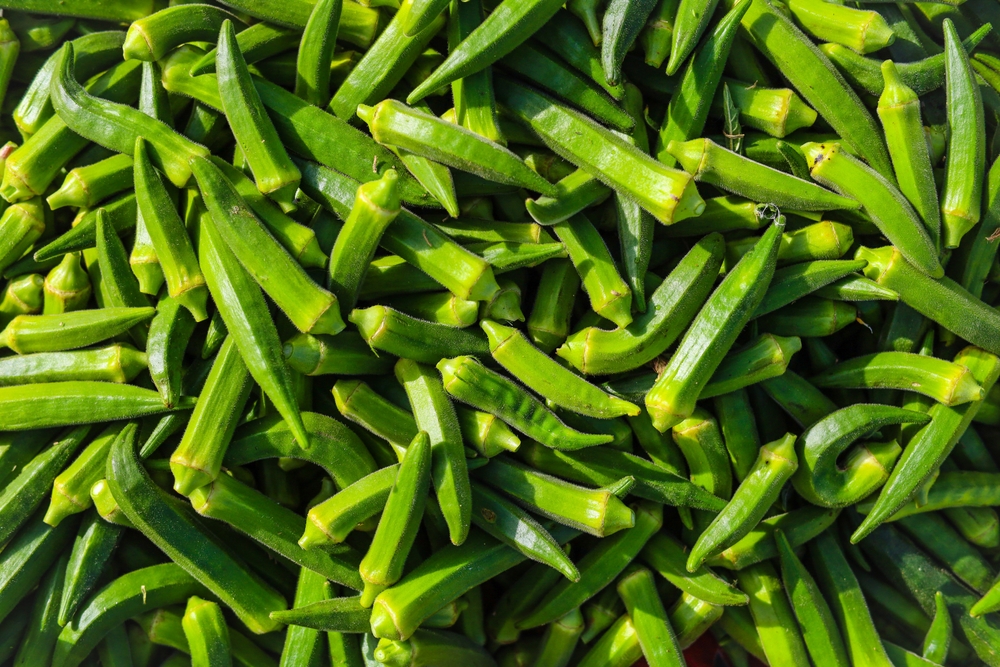

Risks of Feeding Your Canine Okra
There isn’t a hazard of toxicity with okra. The one wonderful concern is a choking hazard while you give all the pod to a canine. We advise chopping them into smaller objects to eradicate this hazard. Boiling okra could even soften them to make them less complicated to chew. The preparation approach and completely different substances are the one completely different parts to take a look at.
Pickled okra can add an extreme quantity of salt to your canine’s consuming routine. Whereas canines can cope with an affordable amount, an extreme quantity of may trigger properly being factors. In spite of everything, offering okra from gumbo is one different matter altogether given that dish normally incorporates completely different problematic substances, paying homage to garlic, onions, and scorching pepper sauce.
On account of this truth, you shouldn’t choose the okra in your Creole dish to offer to your canine. It solely takes a small amount to set off an adversarial response in your pet, considerably while you use powder or dehydrated garlic or onion. There is not a antidote for this poisoning—solely supportive care to deal with the hemolysis or destruction of pink blood cells.
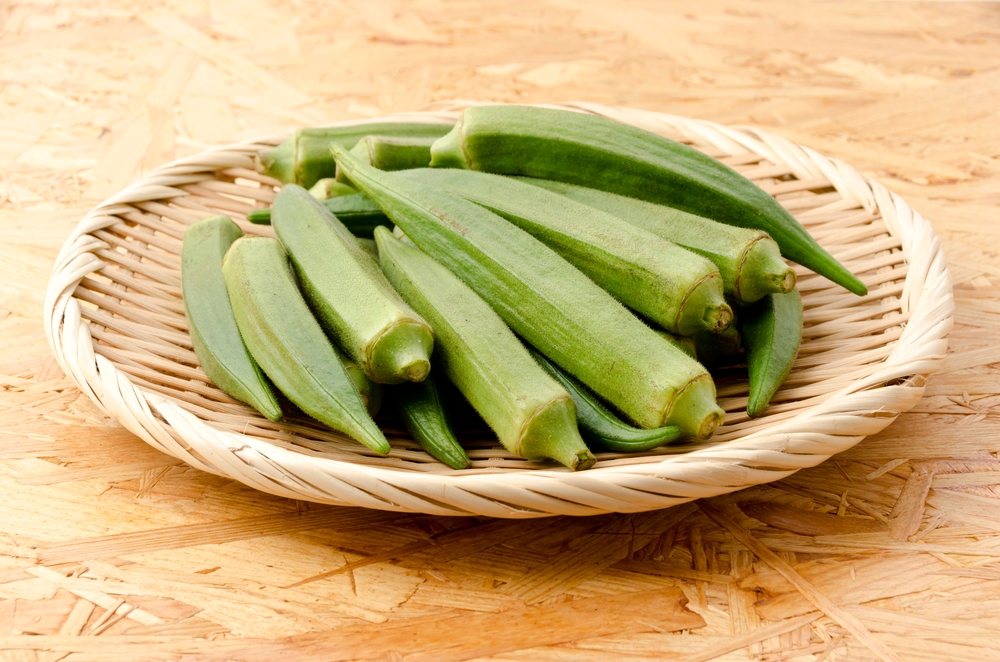

Recommendations for Feeding Your Canine Okra
We advocate giving your canine raw or boiled okra with out salt. It is best to on a regular basis start slowly with new meals. Whereas canines can digest starch and glucose, some canines may have factors digesting the comparatively extreme fiber content material materials, leading to digestive upset. This precaution applies to any fruit or vegetable you add to your pet’s consuming routine.
Treats must make up a limit of 10% of your canine’s consuming routine. For a 10-pound canine, that means no more than 27 power. A 100-gram serving of okra exceeds this amount, so you have to to cut back it once more to keep up it in line with the other belongings you give your pup. We advocate doing the maths in case your pooch is decrease than splendid on their physique scenario score.

 Conclusion
Conclusion
Okra usually is a healthful occasional addition to your canine’s consuming routine. It’s low in power and extreme in dietary value. Nonetheless, it nonetheless poses a choking hazard, considerably with puppies and small canines. We advocate chopping the pods into small slices to alleviate this hazard. Chances are you’ll give your canine raw or cooked okra, with boiling with out salt or seasonings being the favored cooking approach.
See Moreover:
Featured Image Credit score rating: Nungning20, Shutterstock
[ad_2]
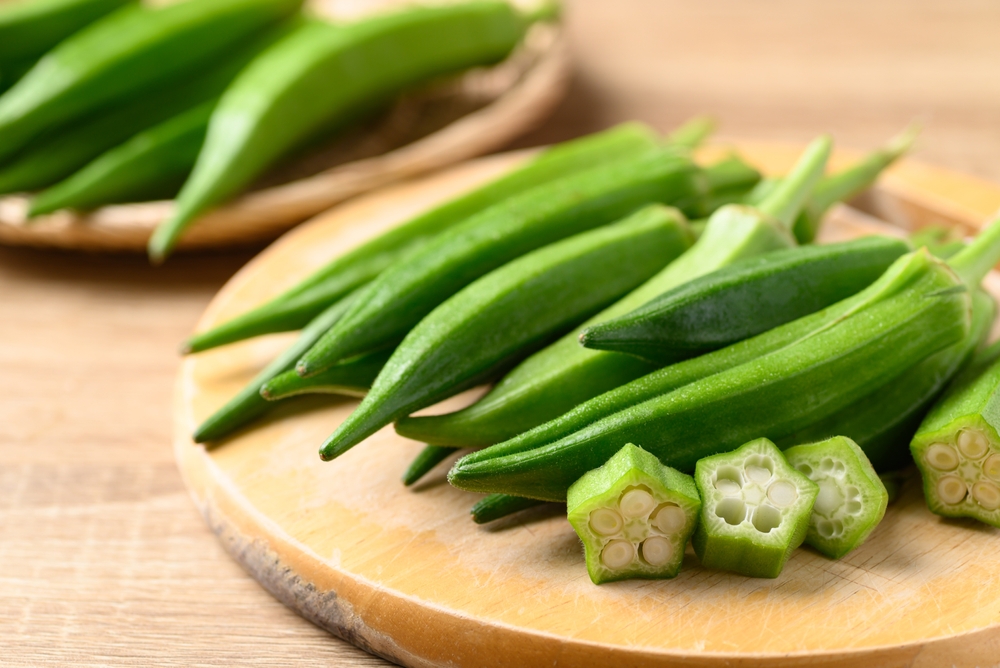

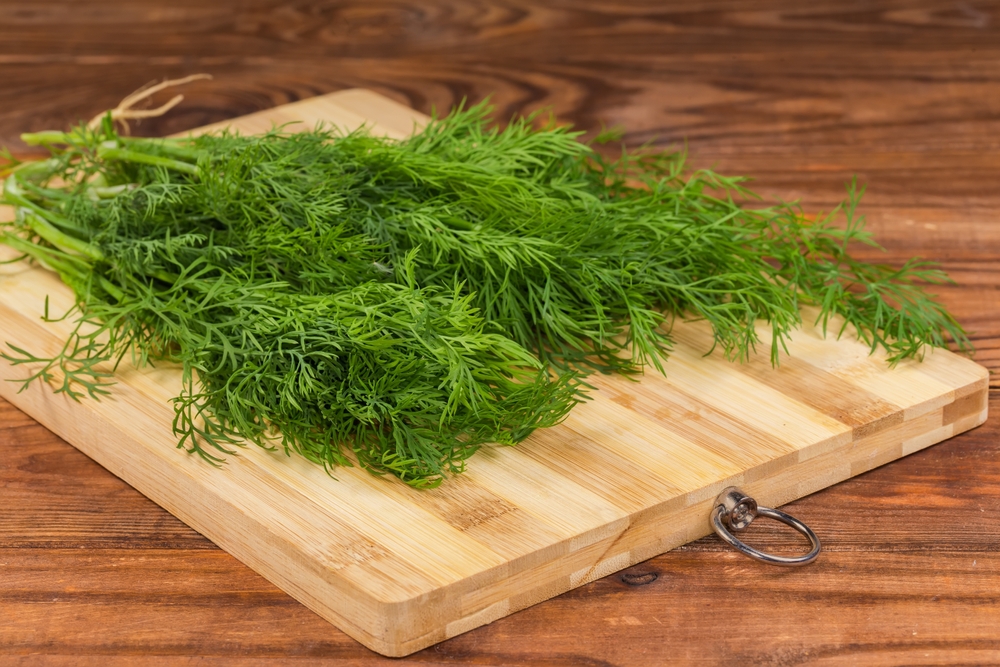
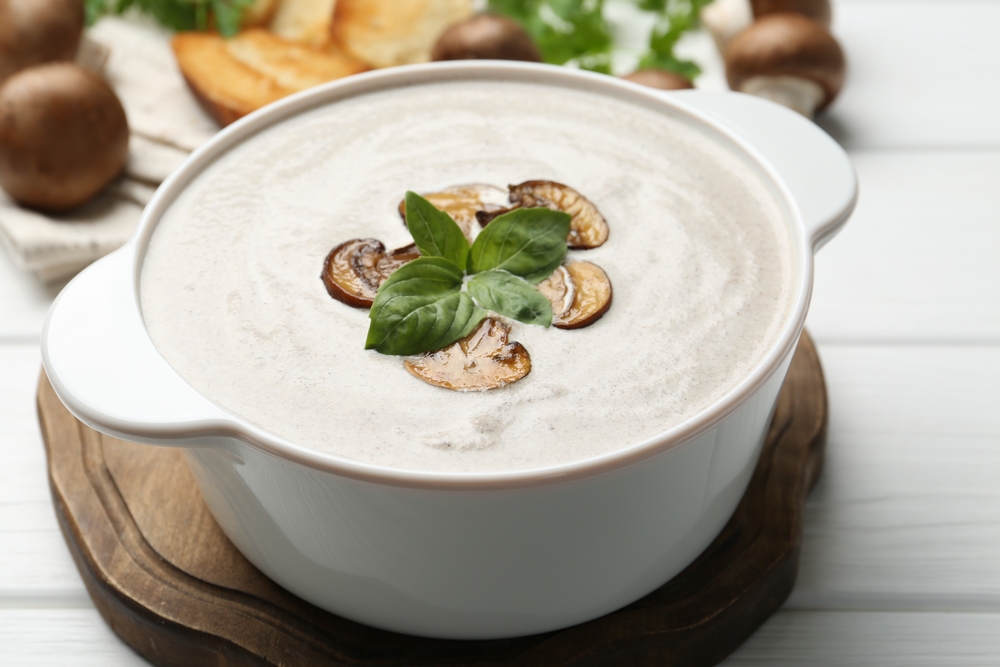


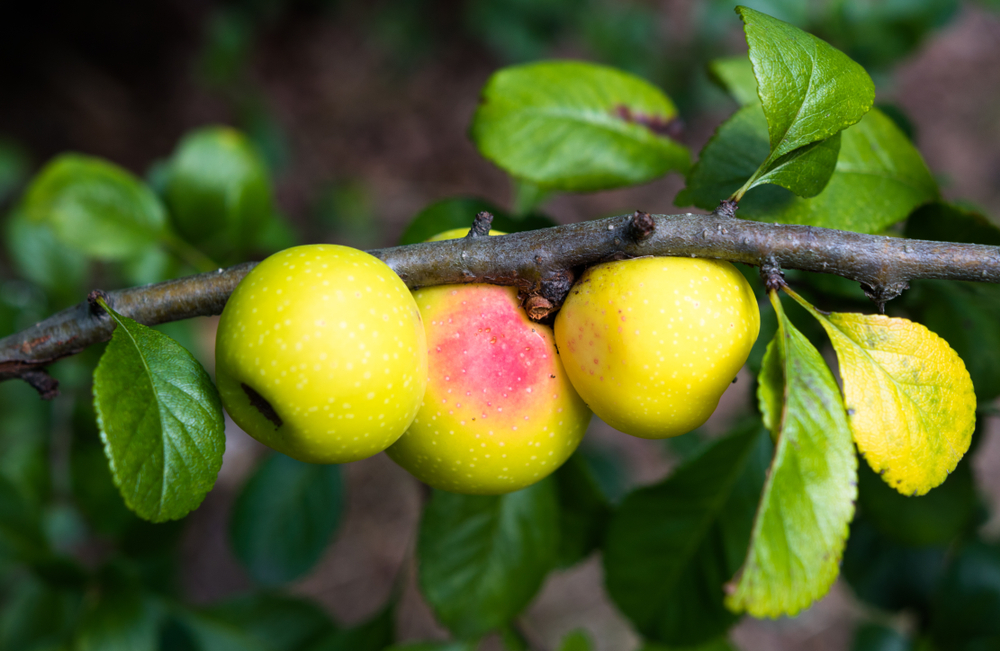
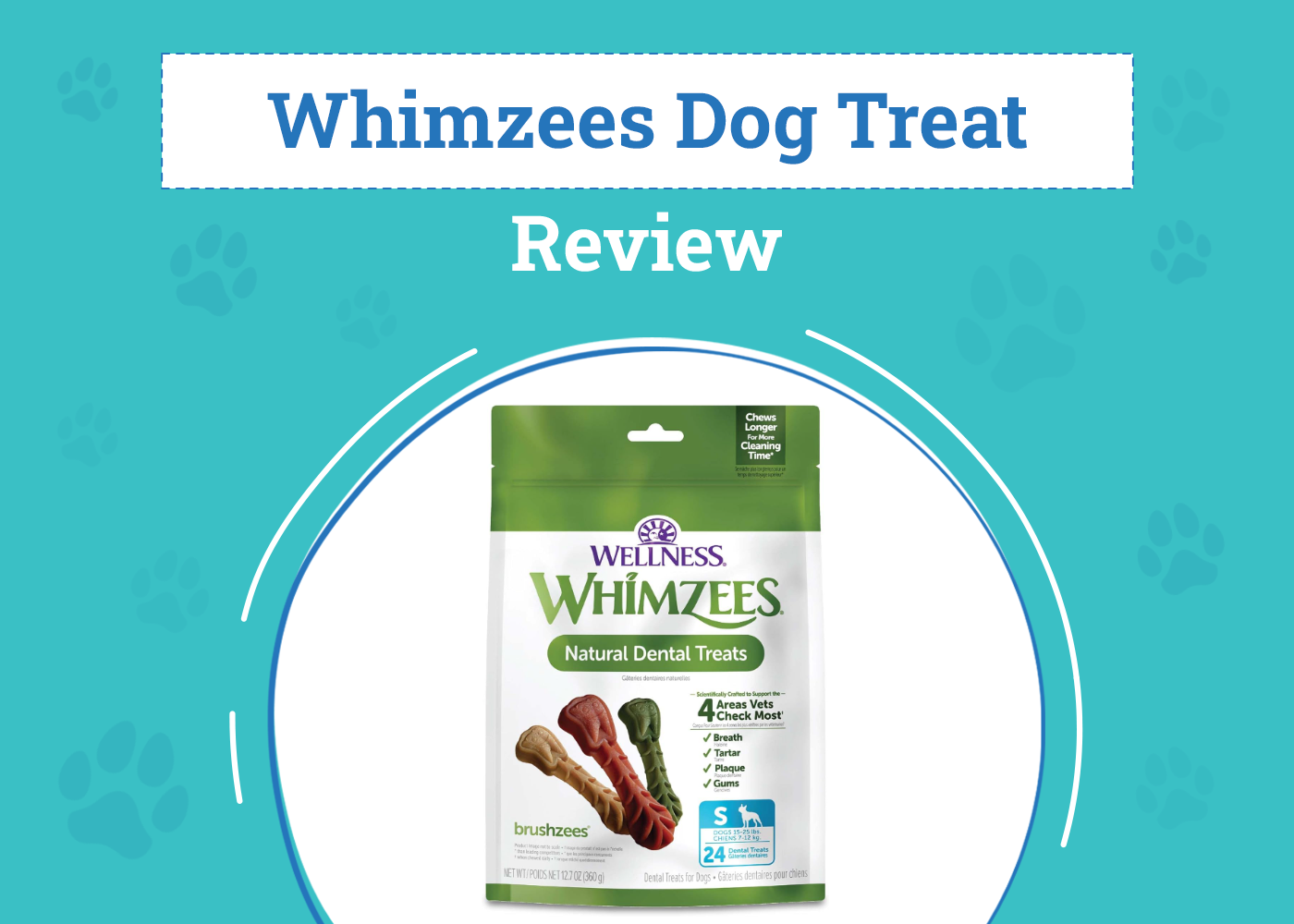
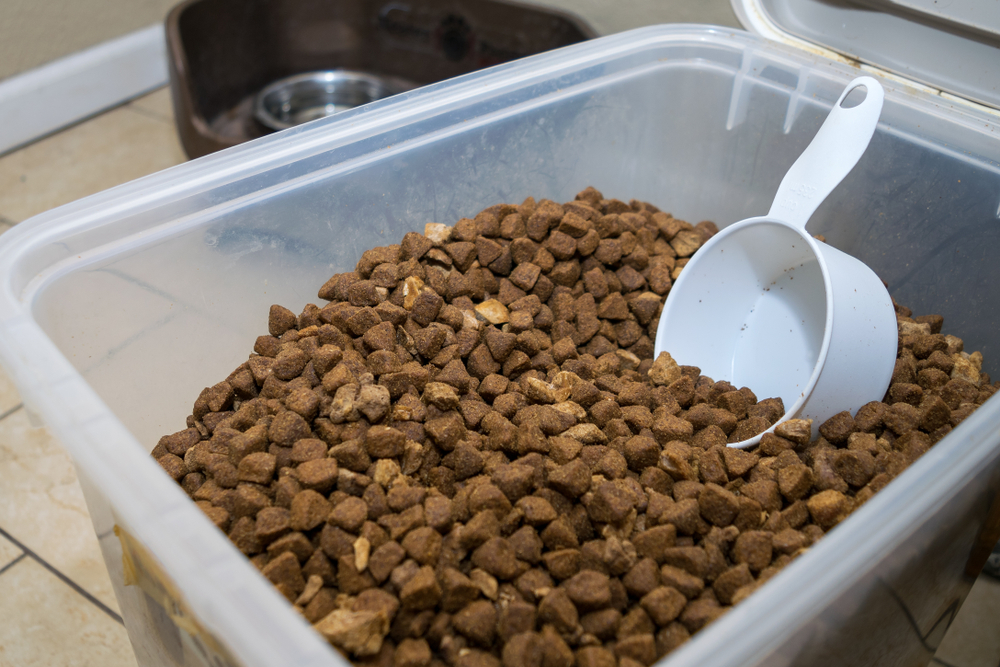
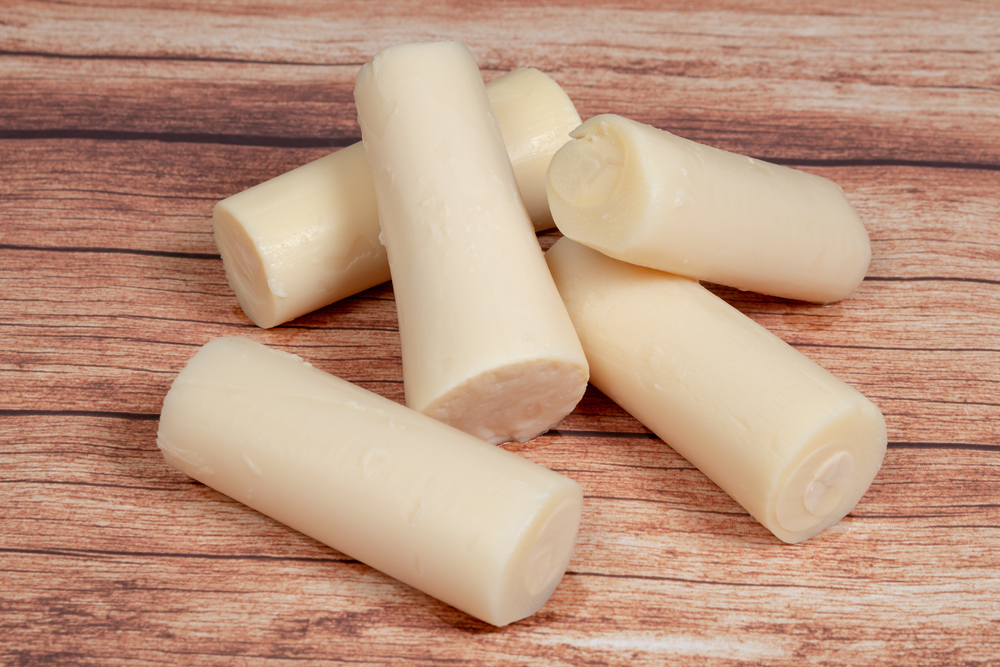




PetLover99
This article provides useful insights into what dogs can safely eat. The mention of potential risks, like choking and high fiber content, is crucial for dog owners to consider before introducing new foods.